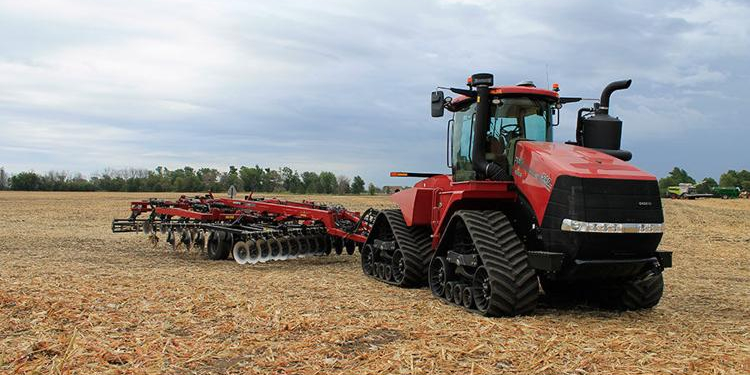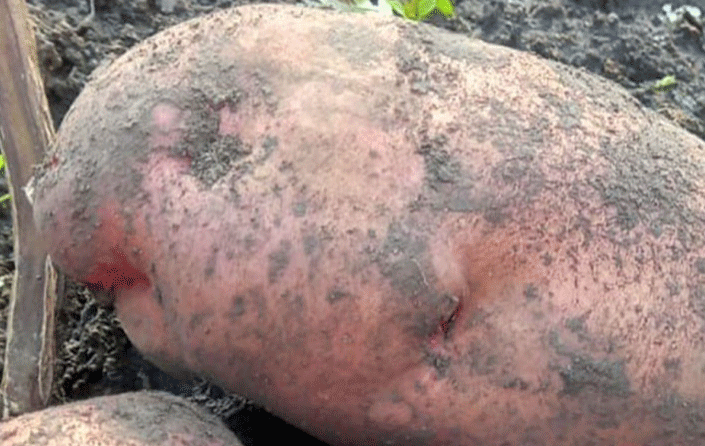BOONE, Iowa — Data collected from personal information has been called one of the most valuable commodities in the world. With the advent of precision agriculture and advances in farm equipment technology, there’s more information available to farmers and companies than ever.
For many companies displaying products at the Farm Progress Show media day in Boone, Iowa, making sure that valuable information stays solely with the farmer is key.
Nate McGraw, tractor product specialist with Case IH, said the company’s Advanced Farming Systems (AFS) Connect technology allows dealerships to easily see any diagnostic issues with a tractor and helps producers transfer files, but any personal farm data is solely held by the farmer.
“As a customer, the agronomic data is your own,” McGraw said.
“We at Case IH have no visibility to it, the dealership has no visibility to it. The customer has to go in and grant access. If you have an agronomist you share information with, they can have access to it for however long you want them to. The customer decides who he is partnering with.”
Building the base of the technology took nearly 100,000 hours of data analysis, McGraw said. The goal for any tech platform is to make things easy to use, and that is true for whoever is driving today’s tractor cab lined with various screens.
“If you are young or old, what’s the symbol you are looking for when I say the word ‘settings?’” McGraw said. “That’s how we went building a system that is very easy to use.”
Data and technology are not limited to the tractor cab.
Troy Long, senior director of product management for Valley Irrigation, said the company is focused on making a crop management platform that can use data from field sensing technology to teach machines how and when to run.
“We’ve been in the business of providing remote management of our center pivots since the ’90s, before the smartphone was even around,” Long said.
“People are wanting to bring in increasingly large numbers of devices and data, so with (the Valley 365) app, we’ve taken many of our programs and brought them together.”
Long said having sensors and remote management of equipment in the fields, the future could look very different for agriculture. For his irrigation technology, it could involve putting more sensors in the field and allowing for high resolution image capability to detect any problem spots.
“We are driving towards more autonomy,” he said. “That means more intelligence in recommendations from your apps, essentially. You may get an alert in the middle of the day saying a field needs a half inch more water, or there’s a pest issue and you need to take action. And soon it might ask, ‘Can I take care of that for you?’ and if you say yes, it will proceed with its recommendation.”
Being a “data hub” is a goal of Valley Irrigation vice president of global technology and strategy Trevor Mecham.
“It’s not just for ourselves,” Mecham said. “Looking at those ancillary products that may be outside (our system), farmers want to combine or layer this kind of information. It could be applied data for variable rate application and variable seed rates, layering on top of applied irrigation data.”
Long said the drought in Iowa and portions of Illinois has made irrigation a popular topic among farmers, especially in areas not known for needing irrigation technology.
“In some ways, it’s an insurance policy that growers find for years like this,” Long said. “You really rely upon rainfall for your crop yields, and having the ability to essentially manage the weather may mean the difference between profitability or a really rough year.”







